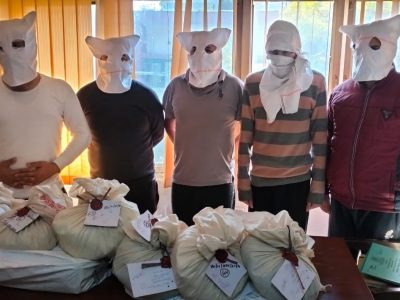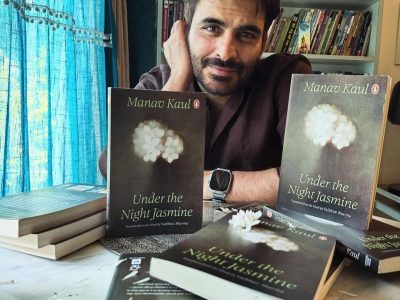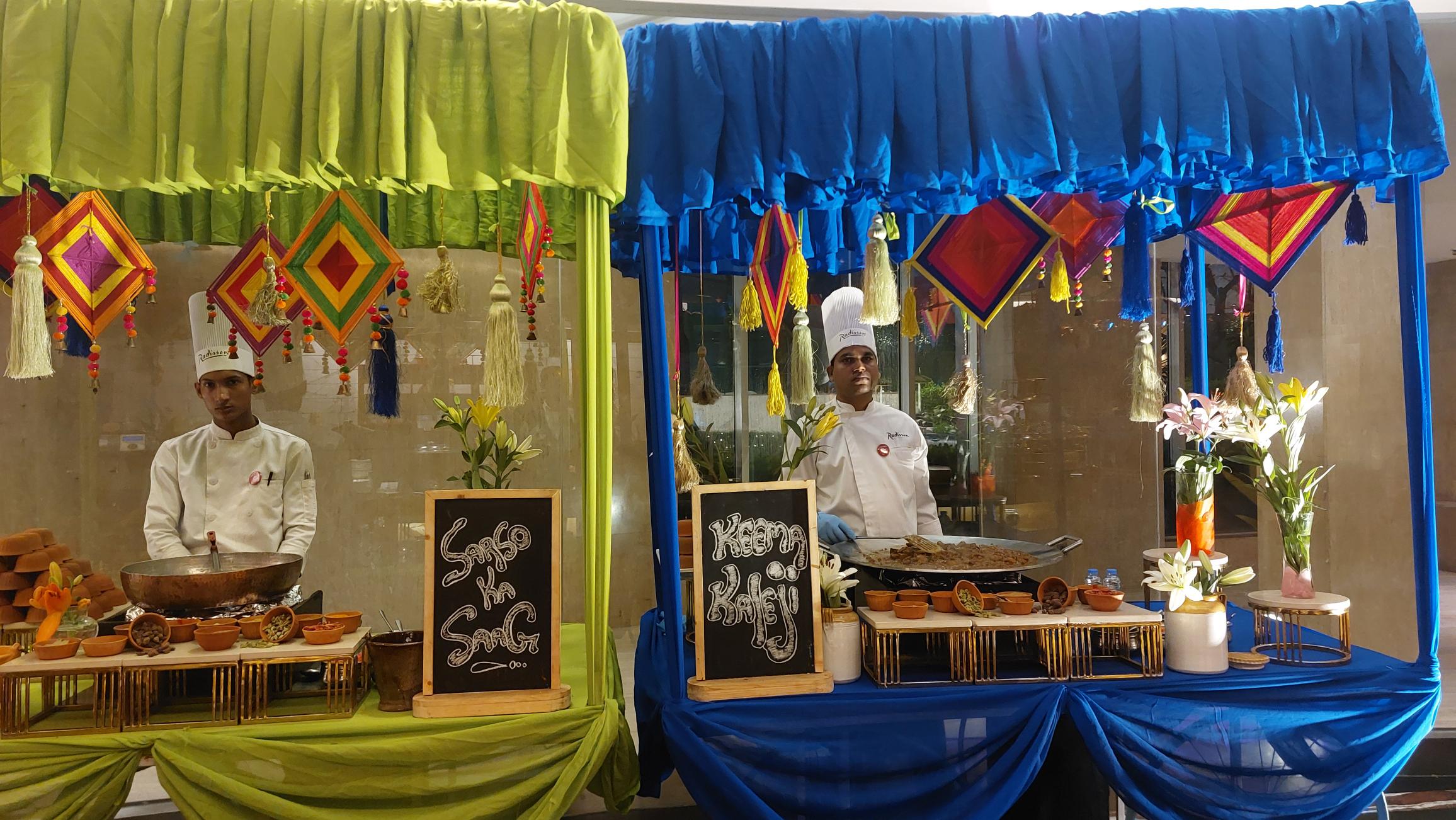Actors and Sportspersons cash in on their fame making a whopping 60% of their income through adverts. There’s more money in selling a product than a fantasy
With festivities approaching, platforms like Flipkart are all set to reach those willing to shell out cash during its Big Billion Diwali sale that kicks off on October 10. To ensure that, the Walmart backed firm launched its biggest advertisement campaign with messages from Amitabh Bachchan, Deepika Padukone, Ranbir Kapoor, Diljit Dosanjh and sports celebs like Virat Kohli, Mahendra Singh Dhoni and many more, in 20-second ads promoting its Diwali sale.
With an intention to double up sales targets to $1.5-$1.7 billion (approximately Rs 7,400 crore) for the upcoming festive season and come off as a strong competitor to Amazon India, the online giant (Flipkart) has spent around Rs 20-40 crores of the overall Rs 200 crore budget on only celebrity campaigns. When the best of Indian celebrities are on board for an advertisement project, such sales targets can be achieved.
Celebrities advertising products is not a new thing in India, in fact it has been a part of our lives for years. Parle Agro’s Appy Fizz, Oppo Mobiles and CP Plus are a few brands that are advertised during an episode of Big Boss 11, two of which are endorsed by Salman Khan (Oppo Mobile by Deepika Padukone) who is also the moderator of the said show.
There’s Kareena Kapoor for Lakme, encouraging people to create looks from one of her films, to Katrina Kaif being the nth actress (other than two actors) since 1941 promoting the soap bar – Lux. These are just a few instances when the Bollywood brigade do their magic to convince us to buy products they’ve signed up for.
It is, indeed, a long list of products backed by celebrities as ambassadors and with time, the number is only increasing. Even as the new generation of content viewers are more aware of the hidden relationship between a product and a celebrity, there are only more Bollywood actors available for brands to be chosen as their representatives.
Since the 2000’s, the likes of Aamir Khan, Aishwarya Rai and recently Deepika Padukone have endorsed the soft drink, Coca Cola in India. But as long as Coca Cola sells more products and the respective celebs receive their share of the deal – nobody cares about anything else, regardless of the hazards of the product on people’s health.
Then there’s Salman Khan who not only endorses others brands, but he has used his huge fan following to make extra bucks – and then donated it. His foundation, Being Human, started retailing as a clothing label after an interesting incident, that led Khan to push for his charitable body to also become a product as -“We couldn’t keep asking people for donations.” First, it was his interest in painting that got translated to a print on a T-shirt he wore at a public event in 2010. Two days later, he saw rip-offs of this T-shirt, driving past Bandra’s Linking Road. This gave birth to an idea that made the brand Being Human what it is today — retailing in 15 countries through 500 store-in-stores and 75 exclusive outlets, offering clothing and accessories for both men and women.
The company, helmed by Mandhana Retail Ventures had a topline of Rs. 216 crores in financial year 2017 with net profits of around Rs. 20 crores. Khan receives a licence fee that goes to the Being Human Foundation after deduction of taxes.
But what is it about celebs that get us all considerate as a consumer? A Taiwanese study says that, we, as consumers are bound to have greater recall of products that have been endorsed by celebrities – whether or not we are actual fans. And in case we are a fan, we end up placing higher value on the product being endorsed. So much so that, if one is a Priyanka Chopra fan, they are willing to believe anything that she endorses, even if it’s a product by a bankrupt brand wrapped in promises of opulence, like her collaboration with Diamond jewellery label, Nirav Modi.
While investors thrived on great return on the celebrity collaborations, many celebs (like Salman) have gone ahead and launched their own product, both as an investor and ambassador. Be it Ranbir Kapoor’s association with US based Indian music app Saavn or Shah Rukh Khan’s 26 per cent stake in Kidzania.
As a result, half the A-listers in Bollywood have their own fashion labels, or are chosen as designers by top labels for a special collection. At the same time, these same celebs have hired stylists who dress them for almost everything they wear on a daily basis. Sonam Kapoor, Deepika Padukone, Anushka Sharma are a few examples.
One of the greatest instances of an outstanding return on investment is Amitabh Bachchan’s association with JustDial, where he has a stake as well as his word for the product. In early 2011, his share investment of Rs. 6.3 Lakhs grew 54 times to Rs. 3.4 crores in the next three years of his brand ambassadorship. Recently, the actor was in Delhi, with his wife Jaya Bachchan and daughter Shweta to launch a store by Kalyan Jewellers in South Extension market. This is after an ad campaign by Kalyan’s, that had the veteran actor with his daughter withdrawn due to unacceptance by the Bank Union of India for showing bank employees in a bad light.
When an actor is able to earn the same amount while doing a six days long (an advised limit for their talent agencies) advertisement project they would from a three month film project, it’s an easy choice for them, that constitutes 60-70 per cent of their annual income.
The question, if products backed by celebrities sell better than their counterparts, has an easy answer. Courtesy the humungous fan following of these Bollywood stars that no other film industry has, something the Indian marketing teams have used and abused for ages.





